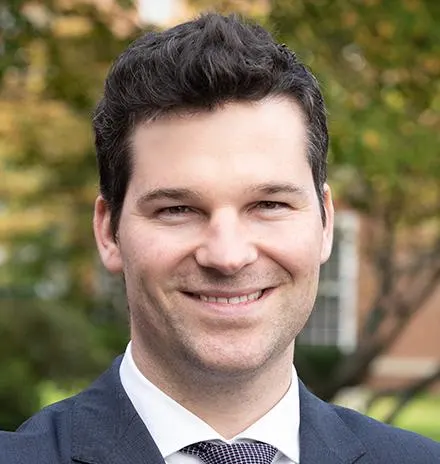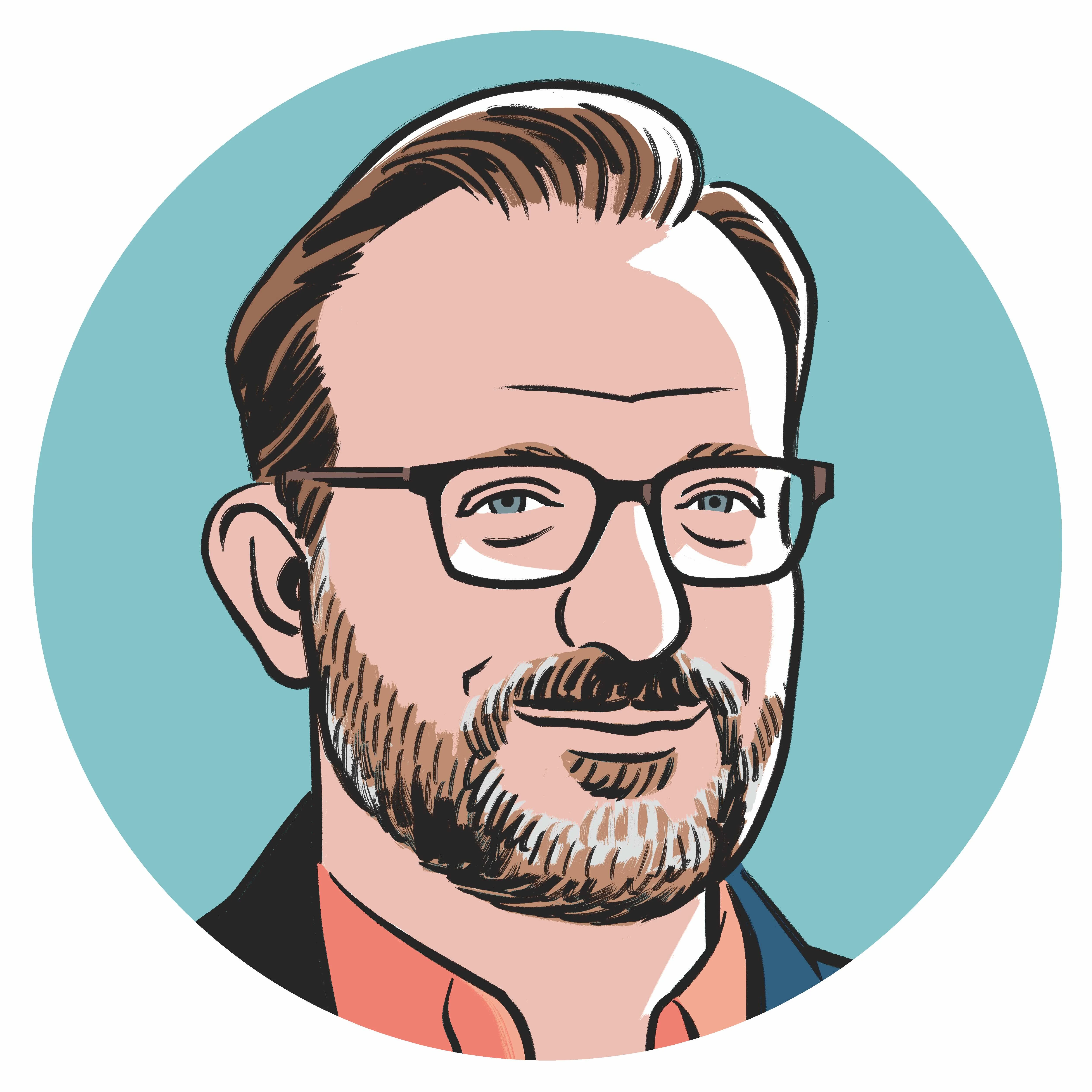We all know how political influence works: company X donates money to politician Y, and then that pol leans on regulator Z to go easy on his new best friend. In economic parlance, that circle of back-scratching is known as "regulatory capture."
Economists have diligently uncovered the levers that politicians pull to spring the trap, including appointment of favored regulators, control of budget appropriations, and direct arm bending of regulators on behalf of companies they favor. In all these models, the cycle of influence always starts with a corporation or other special interest doing something—usually donating money—to set it in motion.
My results suggest the more you treat the uninsured and the more you provide medical education the less likely you will be subject to these enforcement actions
But what if companies were given preferential treatment by regulators not because of what they did, but because of what they are? That's the question that intrigued Jonas Heese, who recently joined Harvard Business School as an assistant professor in the Accounting and Management unit.
While earning his PhD in accounting at Maastricht University in the Netherlands in the wake of the financial scandals that propelled the recent economic collapse, Heese looked at enforcement by the Securities and Exchange Commission, asking why regulators were so amiss at monitoring firms' compliance with accounting standards.
The regulatory capture literature had come up with many answers to understand that laxity including political contributions to politicians and even proximity to SEC headquarters. Heese had a different thought.
Do Regulators Play Favorites?
What if companies were given a pass on their lax accounting if they fulfilled some other, unrelated goal important to politicians and the voters who elected them—fostering greater employment, say. SEC enforcement actions can be costly for companies, about a third of which go out of business after being targeted. Heese wondered, all things being equal, would the SEC show some favoritism to firms with relatively large employment rolls in the form of reduced enforcement?
To test his theory, Heese gathered 30 years of data on publicly traded companies, classifying them by "employment intensity"—that is, the number of a firm's employees relative to its size. He then predicted the likelihood of SEC enforcement according to his measure of employment intensity, presenting his findings in the 2014 paper Government Preferences and SEC Enforcement.
The data supported Heese's hypothesis. Companies in the top 25 percent of employment intensity were 11 percent less likely to be sanctioned by the SEC, even when controlling for firm size, performance, accounting quality, location, and political contributions, among other factors.
What's more, Heese learned these firms were even less likely to be convicted if they were headquartered in the district of a senior congressperson overseeing the SEC, or located within a state with a closely contested election during an election year. In the latter case, high employment firms were 25 percent less likely to be sanctioned than those in the bottom tier. These results suggest that while the reason for preferential treatment in this case may be different from that of special interest pressure, the mechanism may be the same: influence from politicians.
"The assumption is there may be political pressure on which firms to investigate," says Heese, who surmises that politicians pressure regulators to go easier on firms that help them achieve their political ends, such as higher employment.
"Typically in research on regulatory capture, special interests put pressure on politicians, for example, firms pay money; in my story it comes because a politician wants to be reelected, and therefore caters to voters' interests."
It's not just the SEC that plays favorites in this way, Heese found. In another study, Heese looked at regulation by Medicare of hospital fraud. It's an all-too-common practice for hospitals to claim patient ailments more serious than they actually were, and overcharge Medicare by "upcoding" them to a more serious diagnosis that would be reimbursed at a higher rate. The problem is a huge drain on taxpayers, costing an estimated $44 billion in 2012, a full 10 percent of Medicare's payments.
At the same time, hospitals, especially nonprofit ones, are creating tangible benefits to society by providing charity care to uninsured patients. "It's a Robin Hood story," Heese says. "These hospitals overbill the insured patients to generate money to pay for the uninsured." (Heese's research was done before the enactment of the Affordable Care Act in 2010; however, despite the universal insurance promised by the law, some 41 million Americans—8 percent of the population—remain uninsured.
Heese wondered if regulators might be less likely to investigate hospitals for upcoding if they were putting more resources into helping the uninsured. In a 2015 working paper coauthored with Ranjani Krishnan and Frank Moers, titled Regulator Leniency and Mispricing in Beneficent Nonprofits, Heese analyzed data during the period of 1996 to 2007 for nonprofit hospitals in California—before the ACA came into effect. Looking at three categories of diagnosis that are particularly prone to upcoding, he estimated the extent of potential overstatement based on the hospitals' detailed patient records. Controlling for other differences in hospital and patient characteristics, Heese then compared the amount of upcoding to the amount of charity care the hospitals were providing.
The result: Those in the top 25 percent of charity care were 26 percent less likely to be sanctioned for upcoding than those in the bottom 25 percent. In addition, he looked at which hospitals provided medical education for residents—another public benefit. Those hospitals in the top quartile in the number of residents per hospital bed were 17 percent less likely to be sanctioned than those in the bottom quartile.
"I don't say that these organizations won't be sanctioned if they provide charity care, but the likelihood is less," says Heese. "My results suggest the more you treat the uninsured and the more you provide medical education the less likely you will be subject to these enforcement actions."
While Heese doesn't examine the political motivation behind this, he does note that politicians as well as regulators overseeing the health-care industry have often acknowledged the insufficient compensation for hospitals that treat the uninsured and have allocated additional resources in recent years to help cover charity care—as well as offering higher reimbursement rates for hospitals providing medical education.
It may be, however, that those resources are still not enough to offset the cost for treating the uninsured and providing medical education, and federal health-care regulators such as the Centers for Medicare and Medicaid Services are looking the other way as a way of acknowledging that. "It would be consistent with my findings to say that to the extent regulators realize they may need to do something about it, they back off a little bit," says Heese. Given the bruising political fights over health-care reform, politicians may see the lack of enforcement as a more expedient public-policy strategy than changing the law. (After all, the diagnostic system that enables upcoding was enacted in the early 1980s, while it took until 2010 to enact the ACA.)
In The Public Interest?
That doesn't mean that preferential treatment by regulators is good public policy, says Heese—since in both cases he examined, it may have had unintended consequences.
The SEC choosing not to target firms that generate employment, for example, may erode investor confidence if they are found more likely to have accounting problems, leading to less investment and actually driving down employment. Similarly, focusing less on upcoding in hospitals that provide charity care may drive up health-care costs across the board. Then again, these actions by regulators may be in the public interest by furthering policies that lawmakers won't or can't enact.
For future research, Heese plans on looking more closely on how this mechanism works by examining recent changes in the health-care law to see if they reduced upcoding. He is also investigating how regulators might behave strategically to fulfill their mandates while responding to political pressure. The SEC, for example, may strategically use monitoring mechanisms such as comment letters that are less costly for companies than enforcement actions, but may still ensure that firms comply with the accounting standards.
In additional research, Heese is exploring to what extent companies intentionally engage in practices they know to be favored by politicians—such as increasing employment—to avoid being targeted by regulators. If that's the case, then these companies may be doing something after all to influence the political process, and this new form of regulatory capture may not be so different from the old.

